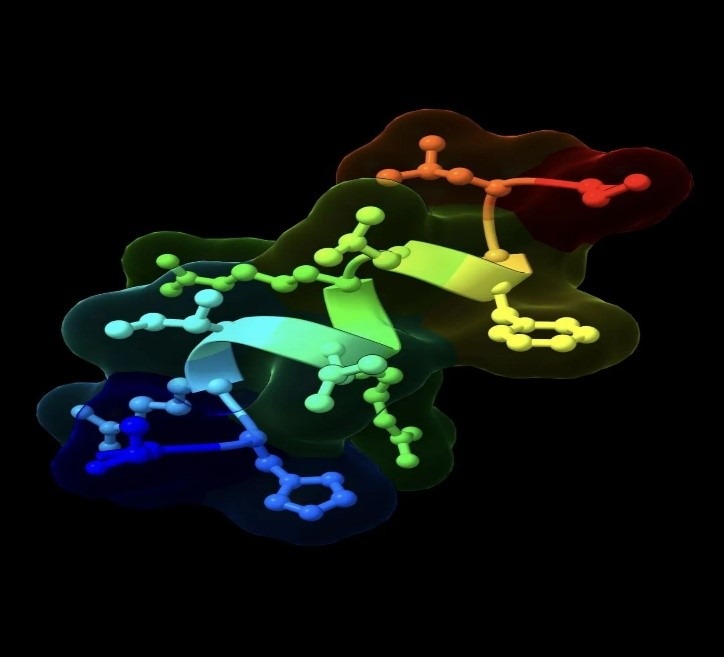Introducing BRINP-2 (BRP). Phoenix Pharmaceuticals is staying ahead by synthesizing peptides related to GLP, Melanocortin, and more.
Abstract
Prohormone cleavage prediction uncovers a non-incretin anti-obesity peptide
Abstract: Peptide hormones, a class of pharmacologically active molecules, have a critical role in regulating energy homeostasis. Prohormone convertase 1/3 (also known as PCSK1/3) represents a key enzymatic mechanism in peptide processing, as exemplified with the therapeutic target glucagon-like peptide 1 (GLP-1)1,2. However, the full spectrum of peptides generated by PCSK1 and their functional roles remain largely unknown. Here we use computational drug discovery to systematically map more than 2,600 previously uncharacterized human proteolytic peptide fragments cleaved by prohormone convertases, enabling the identification of novel bioactive peptides. Using this approach, we identified a 12-mer peptide, BRINP2-related peptide (BRP). When administered pharmacologically, BRP reduces food intake and exhibits anti-obesity effects in mice and pigs without inducing nausea or aversion. Mechanistically, BRP administration triggers central FOS activation and acts independently of leptin, GLP-1 receptor and melanocortin 4 receptor. Together, these data introduce a method to identify new bioactive peptides and establish pharmacologically that BRP may be useful for therapeutic modulation of body weight.
Schematics


Figure of 3-Dimensional view of BRP from
https://med.stanford.edu/news/all-news/2025/03/ozempic-rival.html &
Nature. 2025 Mar 5. doi: 10.1038/s41586-025-08683-y
